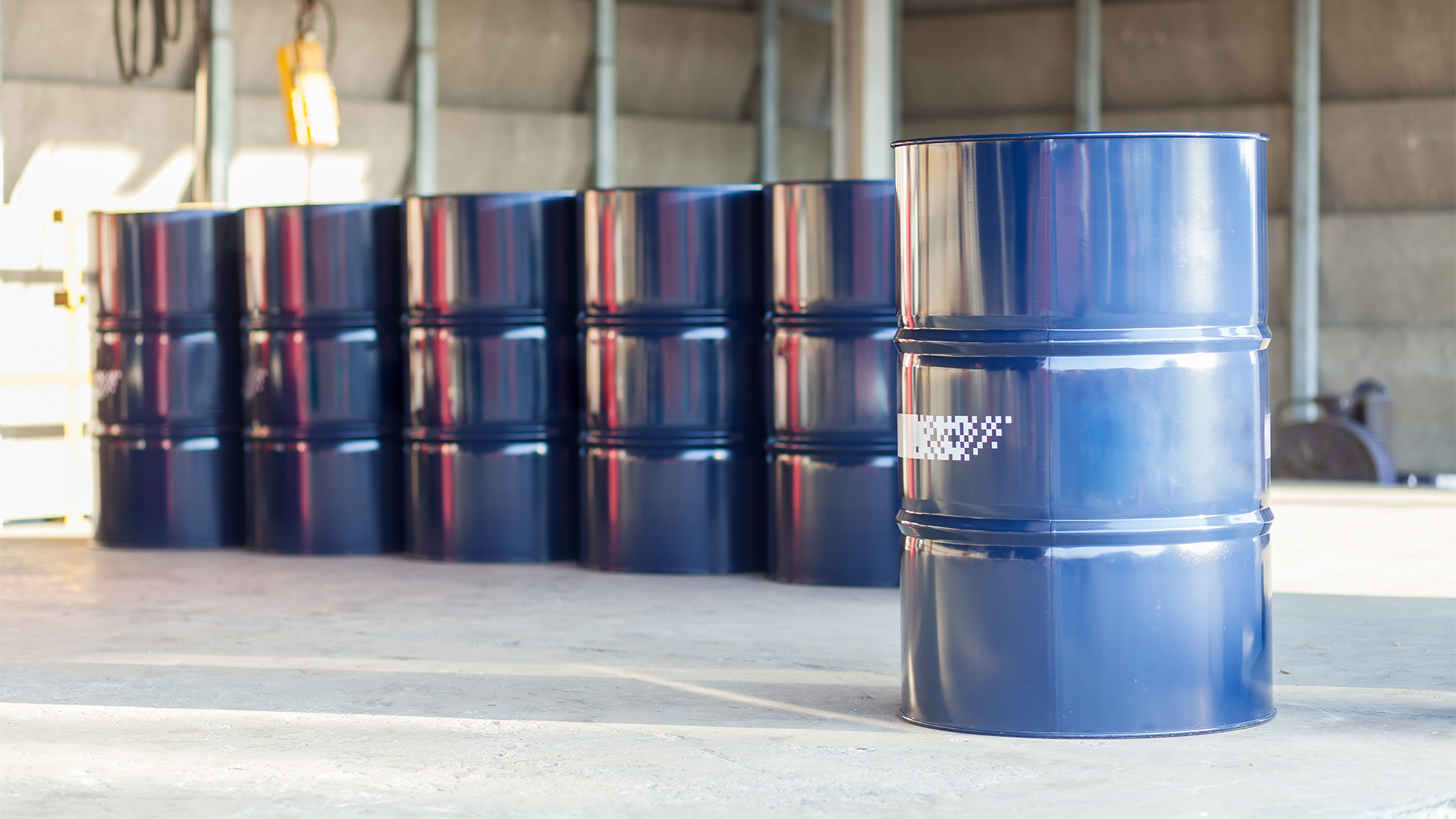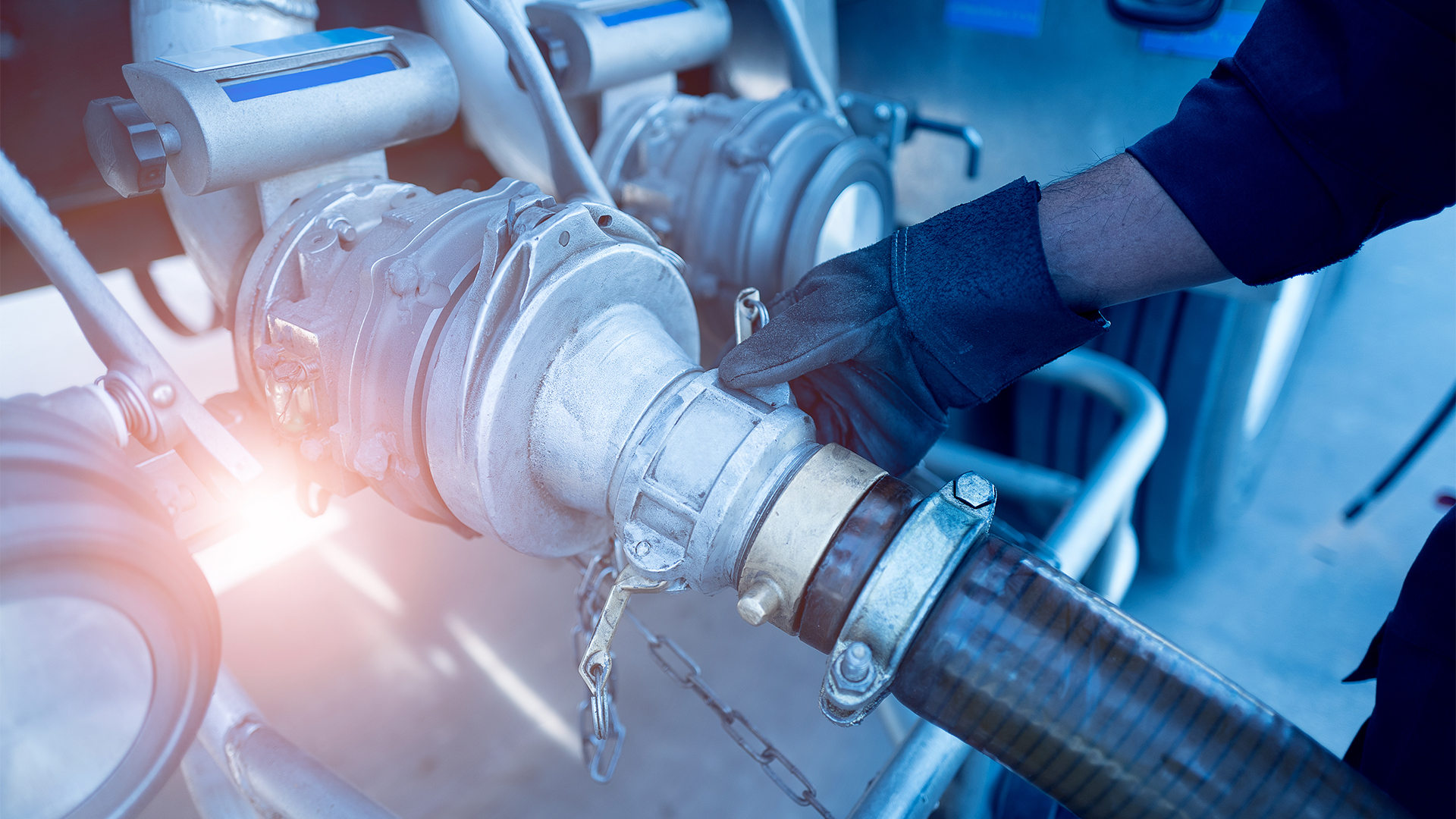Port Reception Facilities
Quality, Safety, Health and Environment (QSHE)
EnviroPorts takes great care to constantly monitor and asses the quality, safety, health and environment (QSHE) of the port reception facilities that we commission to meet our clients’ waste disposal obligations according to local regulations and the MARPOL convention under the International Maritime Organization (IMO). To achieve those vital requirements, we constantly communicate with the ship operators and the captains of our clients’ vessels and the port site and its port reception facilities before and after the vessel arrival.


Waste Delivery Protocols
We ensure that the format of the advance notification form for waste delivery to port reception facilities is provided 24 hours advance of arrival (or more depending on the local regulations) and that all parties are clear about the conditions they must fulfil and meet to ensure that the operation of the waste disposal is completed safely according to national and international regulations for the protection of the environment and the security of the vessel and its crew.
Constant Monitoring and Assessment
Immediately after the waste removal is completed, we ensure 24/7 every day of the year and anywhere around the world that the standard format for the waste delivery receipt has properly been fulfilled and handed to the captain of the vessel. Once the waste disposal service is completed, we communicate a format for reporting alleged inadequacies of port reception facilities to the captain of the vessel and its shipowner in order to constantly monitor and assess the service provided by the port reception facilities.

If our clients report any inadequacies, we will immediately:
(1) Communicate the report to the port state for them to take measures to improve the service of their port reception facilities.
(2) Communicate the report to the flag state and ensure that the necessary is made on their side to inform all the parties involved.
(3) Communicate the report to the International Maritime Organization (IMO).
Our mission is to create a synergy with all the port reception facilities around the world to support them in their quest for an environmentally efficient and productive service with the ultimate objective to accompany, advice and ensure that our clients receive the best services for the waste removal of their vessel according to local and international regulations for the protection of the environment and the safety of their vessel and crew.
IMO Guidelines
MARPOL 73/78 is a guideline that concentrates on the need for adequate port reception facilities. There is international recognition of the need for the proper management to achieve and maintain high standards of environmental protection by all those involved in the operation of ships. To address this need, The IMO has adopted the international safety management (ISM) code4 to develop a safety and environmental culture both ashore and on-board ship. It places a responsibility on the flag state to confirm, by means of auditing, that both the shore-side management systems and operational standards on board ships comply with the ism code (2.6). EnviroPorts aim is to guide shipowners and to assist port reception facilities in providing the best service through constant communication and cooperation.
- mariners use
- fully meet the needs of the ships regularly using them
- do not provide mariners with a disincentive to use them
- contribute to the improvement of the marine environment
- the facilities provided by the port must:
- meet the needs of the ships normally using the port
- allow for the ultimate disposal of ships’ wastes to take place in an environmentally appropriate way.
The IMO comprehensive manual on port reception facilities provides a definition: “The time of transfer [of waste] should be mutually agreed upon and transfer of waste should take place during the cargo-handling working hours of the port unless the ship’s normal call at the port is not at a time within this period.”
For logistical reasons, the providers of waste reception facilities may require advance notification of the intention to use facilities, particularly if independent waste contractors provide some or all the port’s waste collection services. The universal application of an advance notification or similar procedure should ensure that ports receive a regular supply of documented material. They may use this to monitor the provision and adequacy of their facilities, which will greatly assist the port waste management planning and review process. The principle of advance notification is complementary to, and consistent with, best practice of port waste management planning. EnviroPorts will always assist waste reception facilities to receive advance notification for them to be able to better meet the needs of the ship at a mutually acceptable time.
In summary, these might include ensuring that facilities:
- are available during a ship’s visit to the port
- do not cause undue delay to ships
- are conveniently located and easy to use
- cater for all types of waste streams usually entering the port
- do not cost so much to use as to present a disincentive to users
Ports should also carry out a periodic review of the facilities to ensure that they continue to meet the needs of users. EnviroPorts aim is to contribute to this review process. MEPC appendix guideline on the assessment procedure for ports is a starting example of reference but with the awareness that the procedure should be amended to suit local circumstances and requirements. Periodic assessment with the aim of identifying areas for improvement is also in the commercial interest of the port. R|ectifying deficiencies will enhance the quality of services provided and thus the commercial attractiveness of the port.
EnviroPorts will always assist the ports and their waste reception facilities in communicating the local circumstances and requirements of their waste management plant to users. To reach this indispensable objective, EnviroPorts will constantly inform the shipping companies of the location, cost, procedure and availability for using the facilities.
However, it is recognized that some port authorities may face particular problems meeting the obligation to provide reception facilities for all specified MARPOL 73/78 wastes. To identify possible solutions, EnviroPorts will endlessly assist port authorities with their port waste management planning process.
Port waste management planning on a regional arrangement can provide a solution when it is undertaken in such a manner as to ensure that vessels do not have an incentive to discharge wastes into the sea. In the development of such regional plans it is imperative that the dedicated waste storage capacity of vessels involved is sufficient to retain their wastes between ports of call. Such planning may require close collaboration between states.
In judging the adequacy of waste reception facility at individual pots within a regional plan, states parties to MARPOL 73/78 will need to have particular regard to the ability of all ships to discharge all of their wastes within the region.
Assessment procedures:
Most importantly, the collection of relevant data should reveal existing weaknesses in port and ship practices and allow for the implementation of improvements. A key component of any assessment strategy is its ability to facilitate the collection and interpretation of all necessary information. An example of such a procedure is set out in the appendix to these guidelines.
Implementations of the assessment procedures:
The assessment could be both an objective and independent exercise from that carried out for port waste management planning purposes.
- assessors should be able to demonstrate adequate expertise (with the assistance of the assessment protocol and procedure) and experience in the conduct of environmental assessments.
- most environmental consultants, and many environment, health, and safety experts employed in the waste management industry have the appropriate expertise and experience to carry out such audits.
- all states should consider this option, resources permitting.
- any assessment forms and procedures developed by states should be shared with reception facility managers in order further to promote industry self-evaluation and improvements in management practices.
- other port operations should not be hindered;
- the risk for wastes to enter the water should be minimised;
- the site should be at a convenient place;
- the site should have sufficient lighting allowing for 24 hour use;
- siting of the facilities should be convenient for users, contractors and vehicles;
- reception facilities should be clearly identified;
- the location of facilities should not impact adversely on the local community;
- the facilities must comply with national, local and other legislation on garbage collection and processing.
In order for the full benefits of the reporting system to be achieved, when using the alleged inadequacy reporting form, states should take the following steps:
- where the flag state and port state are different, the flag state shall inform the port state of the alleged inadequacy and also inform the imo secretariat. notification shall be made as soon as possible following completion of the alleged inadequacy reporting form (mepc/circ.349).
- where the flag state and the port state are the same, the marine administration should take up the matter of the alleged inadequacy directly with the port or terminal concerned.
- provide advice to ships flying its flag
- examine onboard arrangements (safety and counter-pollution) during inspections
- investigate infringements
- prosecute offenders
The flag state is in a unique position to provide port states with a regular source of detailed information which accurately lists the inadequacies of ports visited by its ships.
Port states should also ensure the provision of proper arrangements to consider and respond appropriately and effectively to reports of inadequacies.
States parties, by reaching consensus on a regional framework may bring about significant improvements to the region’s marine environment. Such arrangements may also provide states with a basis for co-operation on enforcement and charging principles and the exchange of technical information. Examples of such regional arrangements include those either in place or under development between:
- baltic sea states
- australia and new zealand
- members of the regional organisation for the protection of the marine environment (ropme)
- member states of the european union.
Whilst the onus is on port states to ensure the provision of adequate facilities, the role of the mariner is also essential. The requirements of MARPOL 73/78 and of the ism code are clearly defined. The implementation of the ism code in compliance with international and flag state legislation provides for the safe operation of ships, the safety of their crews and assists in the protection of the marine environment.
- develop a safety and environmental protection policy;
- provide instructions and procedures to ensure safe operation of ships and protection of the environment in compliance with relevant international and flag state legislation; and
- ensure that all personnel on assignments related to safety and protection of the environment are given proper familiarization with their duties.
On shore:
- all personnel involved in the collection, handling and disposal of ships’ wastes need to be aware of the state’s national legislation and waste management policies. personnel should be given appropriate training.
- states may wish to consider the human implications of handling certain types of wastes. trained personnel involved in the collection or handling of noxious and harmful substances may be able to minimise the threat of accidental injury or the potential spread of disease, purely by being aware of the potential risk that they and the local environment face. such measures may already be a requirement of the national environmental or waste management policies.